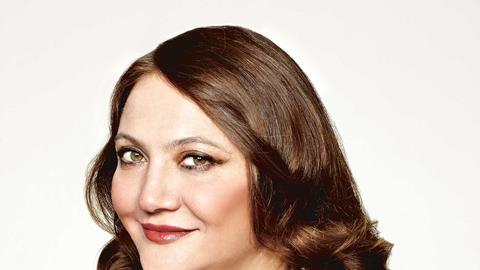Chairman, Vardags, London
My father and my grandfather before him were both politicians and lawyers, but I wanted to be a journalist or an actress and spent my time at Cambridge doing that. When the recession hit I bottled out of a bohemian existence because I didn’t have the financial backup to be able to afford not to work for long periods, and I was also attracted by international work and living, so I took a big money role in a City law firm and worked for them in London and Moscow.
I cross-qualified and started at the professional negligence bar to seek more fun and intellectual challenge, then moved across to family law when I was hired by my own divorce lawyer.
The complex international financial and corporate structures that I worked on during my time at Linklaters have been helpful in the complex matrimonial cases I do now. My time at the bar has also helped me to deal rather more fearlessly with the giants of the family law bar and understand how litigation works at the coal face.
My hugely eclectic legal background, from helping negotiate nuclear energy conventions at the UN (IAEA) in Vienna, to European law in Brussels, through corporate and financial work in Moscow and London, but equally the huge range of personal dramas and situations I’ve faced, have all given me the diversity of experience that means I have at least some understanding of pretty much anything any of my clients has to deal with.
Being a lawyer provokes immediate respect for the social status it still affords. Being a divorce lawyer, however, is a little like being the undertaker at the feast. Divorce is one of the things no one wants to think about, and saying you’re a divorce lawyer always feels a little risqué.
One of the hardest challenges is when a client tries to use their child/children as a pawn in the game of divorce.
My least favourite law is fault-based divorce. The lack of a simple ‘irreconcilable differences’ basis for ending a marriage requires people to sling mud at each other when sometimes all they want is a dignified parting. This is just one element of a statute-based system of acrimony which is the bedevilment of families.
Access to justice has been reduced, particularly through cuts to legal aid in family law cases. Legal aid is now only available if domestic abuse is a factor and this system encourages false abuse claims to be lodged. What has been particularly positive is the increasing recognition of children needing both parents, rather than being effectively the property of the mother.
The future lies in the development of the private sector courts. Arbitration is already frequently used in commercial law and since that was extended recently to family law it is providing a meaningful alternative to the mayhem of the court system.
































No comments yet